Kalamazoo College is known for providing academic experiences that can lead to real-world jobs. Take the example of Steph Guyor ’22.
Guyor’s senior seminar, led by Associate Professor of English Ryan Fong, tackled the concept of restorative or transformative justice, a newer community-based practice that helps society do more than hold law breakers accountable in a criminal justice system. Instead, restorative justice also addresses the dehumanization an offender typically experiences with their punishment, offering basic services along with pathways for making amends to victims and the community, reducing the likelihood for recidivism.
“Within the U.S., justice is traditionally focused on the offender and the crime they committed,” Guyor said. “The punishments are seen as deserved. Yet by focusing on the punishment, the factors that led to the harm being committed often go unexamined, and the needs of the person who’s harmed remain unmet. Viewing punishment as the only appropriate response around accountability ends up taking the form of shame and isolation, which furthers the relational divide and deters people from changing their harmful behaviors. Restorative and transformative justice work to reorient accountability away from punishments and toward meaningful consequences that allow connections to be restored and relational dynamics to be restored.”
Guyor, who double majored in psychology and women and gender studies (WGS), was intrigued by these concepts and said Fong’s class was enjoyable because it allowed her to see justice in a different way. Then came an opportunity to connect those studies to a job, when she heard Ministry with Community in Kalamazoo was hiring a restorative justice coordinator. The nonprofit organization is a secular, daytime shelter and resource center open 365 days a year that helps local residents address homelessness, poverty, substance abuse and other crises.
“I saw the posting and thought it could be an opportunity to make change locally in Kalamazoo in a way that’s influenced by getting to know people,” Guyor said. “I knew I wanted to try to find a way to integrate the psychological understanding of why people do what they do with a socially informed understanding of how social circumstances influence it.”
And today, Guyor relishes her job, which involves learning more about the restorative justice practices in place around the country while collecting data to determine what she can do to solve problems in Kalamazoo. Hopefully, that will lead to a new yet well-rounded restorative justice program at Ministry with Community that reduces the likelihood of repeat offenses.
“It comes with a lot of responsibility that a big part of me was afraid to take on given the idea that I did just graduate,” she said. “But it’s also a unique opportunity that I’m excited to have. I think the goal will be a culture shift within the organization so there will be fewer incidents with fewer people breaking community expectations, and more trust between the members, and between members and staff.”
Guyor said a common misconception about restorative or transformative justice is that it’s soft on offenders—that it lets people off the hook and fails to follow through on a punishment. She cautions against that idea.
“In reality, facing the people who you hurt and holding the space for them to explain their hurt is a lot harder,” Guyor said. “Restorative justice is about having high expectations for people along with a lot of support. It makes sure we’re holding people accountable to the changes they work toward, but not in a way that revolves around shame. In punitive settings, you’re doing things to people. In permissive settings, you’re doing things for people. But restorative justice is more about working with people to make change.”
Fong said he’s likely to continue teaching about restorative and transformative justice at K.
“So many students, especially WGS students, are interested in social justice and activism, but don’t always know what it looks like in practice beyond demonstrations and non-profit work,” he said. “In the wake of the 2020 protests and calls to defund the police, I saw many students wondering what that demand meant. Doing a deep dive into restorative and transformative justice was one way to understand how abolitionist organizers were working in concrete ways to build new systems and structures that address and eliminate violence.”
He’s also incredibly proud of Guyor and honored that he played a role in helping her find her career path.
“I hope she keeps drawing on the skills and knowledge she gained at K and as a WGS student to continue on it for the rest of her life,” Fong said. “That’s really my hope for all our WGS students: that they find meaningful ways to put their education into action.”
Donations Fund Restorative Justice Programs
Ministry with Community, a nonprofit organization, accepts donations for the restorative justice programs being built by K alumna Stephanie Guyor ’22. To donate directly to restorative justice efforts, visit the organization’s website.
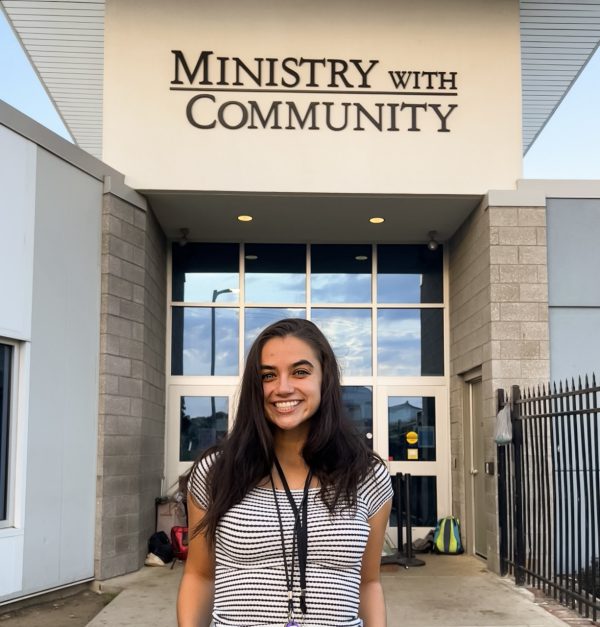
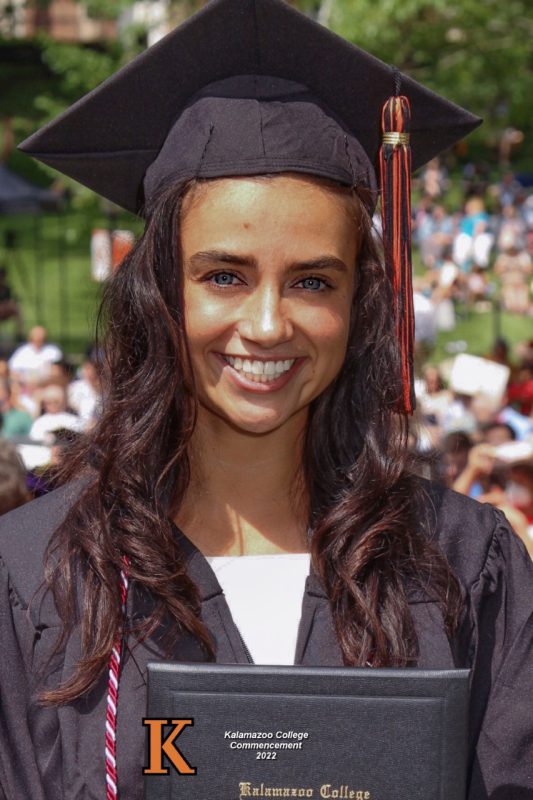

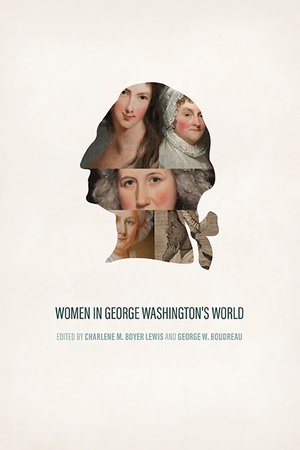
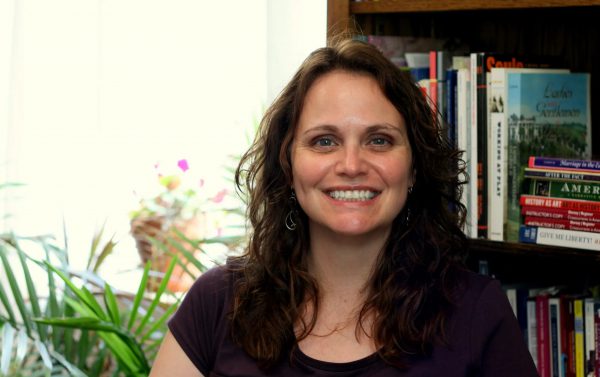
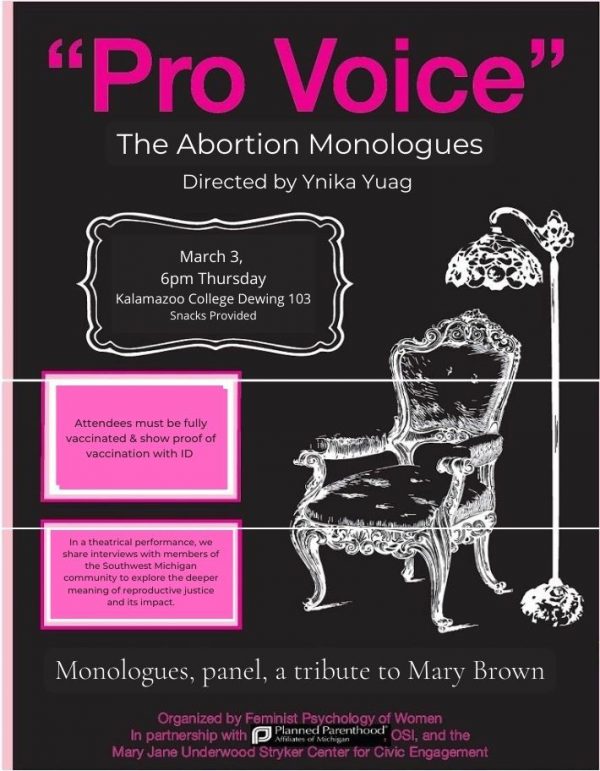






 “Some people are approaching us saying they’d love to buy it for their niece or their daughter, Nsengiyumva said. “We made it to look like a children’s book so it’s appealing to them, but adults can use it as well. We want to inform anyone who’s responsible for fighting the stigma.”
“Some people are approaching us saying they’d love to buy it for their niece or their daughter, Nsengiyumva said. “We made it to look like a children’s book so it’s appealing to them, but adults can use it as well. We want to inform anyone who’s responsible for fighting the stigma.”
